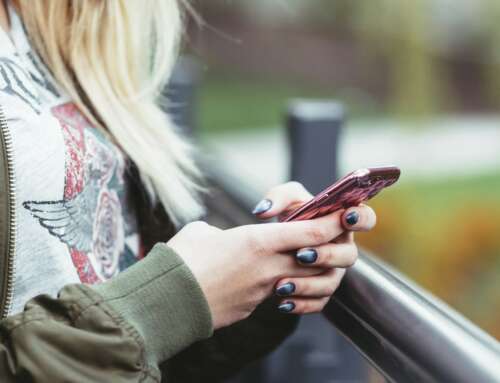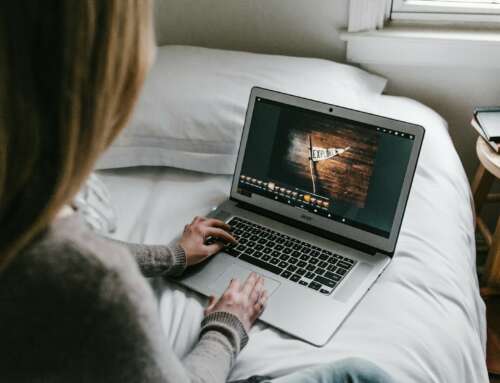Video interview: Staying safe on facebook, Susan McLean (8:28min)
By Dr Ramesh Manocha|2012-09-07T16:14:34+10:00August 3rd, 2012|Categories: Cybersafety, Video|Tags: children, cyber safety, facebook, generation next, Mental Health, Positive Psychology, Statistics, susan mclean, Video, wellbeing, young people, youth|2 Comments







Just because facebook is transparent and follow through with reporting underage users doesn’t make it right for them to reduce the age limit for users from 16 to 13. This is a poor exploitation from facebook of our young people’s right to childhood. Children have the rest of their lives to be at a computer for hours on end, but something as insidious as facebook that profits from sharing people’s personal information should not encroach on a younger age group than 16. This is particularly so as society is struggling to deal with the problems that are arising from extensive facebook use. As a school counsellor, so many adolescent problems (and their often dysfunctional families’ problems) are exhaserbated by the inappropriate and illegal use of facebook, a problem that compounds already existing serious situations. Facebook is not innocent of being responsible for some of this just by being “transparent” about what they do. Social pressure needs to be put on social networking sites to ‘police’ what they do.
Hello Myla,
I must correct some of the incorrect comments you posted. Facebook has never had the age of 16 as the lower limit, it has always been 13. It is not illegal to have a ‘fake’ or underage facebook account, it is however a breach of their terms and conditions of use. Unfortunately, no-one forces anyone to use facebook, that is the decision, poor or otherwise of the individual user. Blaming technologhy for school and family problems is naive at best, cyberbullying is about the breakdown of human relationships, a person deciding to be horrible to another human being. No-one forces anyone to spend hours online, again it is an individual choice and one that parents/carers must be involved in. Education must focus on Respect and Responsibility, not banning nor blaming technologhy and parents need to learn to say NO! and parent in the digital space.